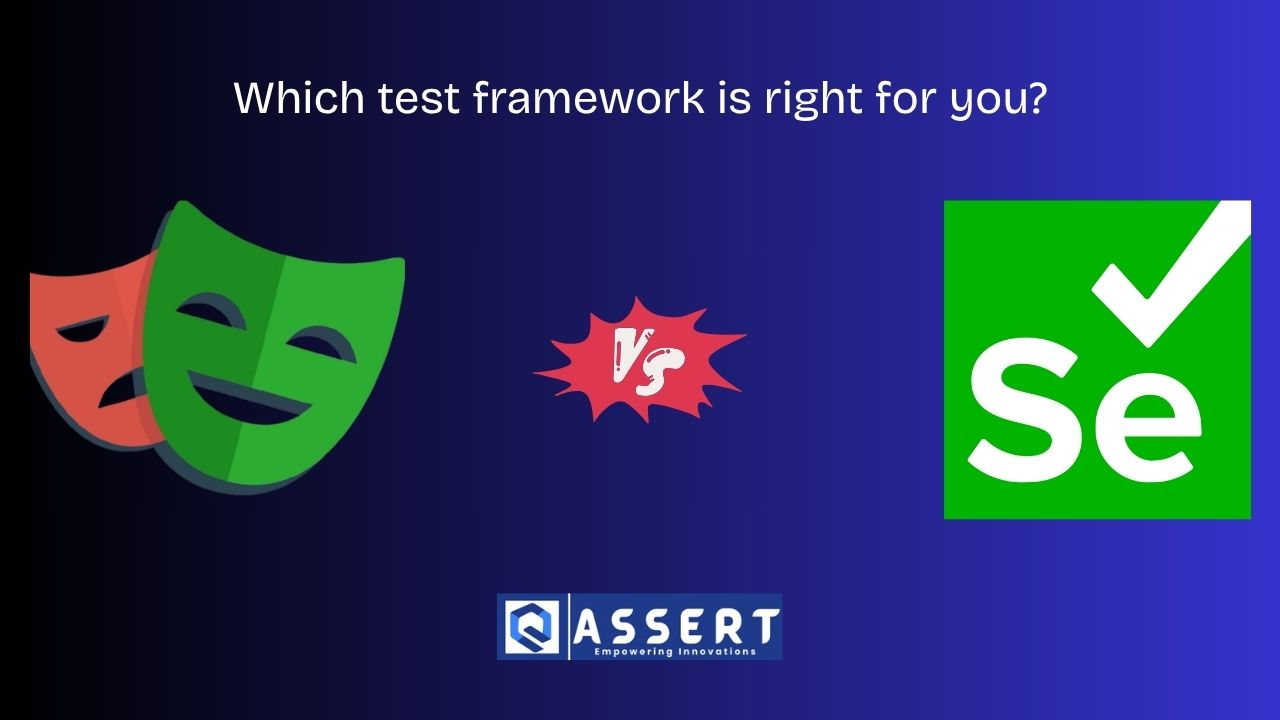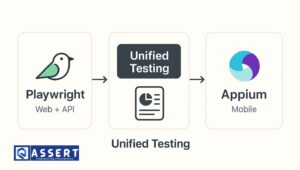When it comes to choosing the right test automation tool, many QA teams ask the same question: Playwright vs. Selenium — which one is better? Both tools are widely used for automated web testing, but they offer different strengths.
This blog compares Playwright and Selenium to help you decide which framework fits your needs best in 2025.
What Is Selenium?
Selenium is a widely-used open-source framework for automating web browsers. It supports multiple languages like Java, Python, and C#. It’s known for its strong community support and cross-browser testing.
Pros:
- Supports all major browsers
- Works with many programming languages
- Large community and documentation
Cons:
- Slower execution speed
- Flaky tests in some dynamic UI cases
What Is Playwright?
Playwright, developed by Microsoft, is a newer automation tool that supports modern web apps. It allows testing across Chromium, Firefox, and WebKit and offers fast, reliable automation.
Pros:
- Fast and stable tests
- Auto-wait for elements
- Supports web, mobile, and API testing
- Modern APIs and built-in parallel execution
Cons:
- Smaller community compared to Selenium
- Learning curve for some testers
| Feature | Selenium | Playwright |
|---|---|---|
| Language Support | Java, Python, C#, JS, etc. | JavaScript, Python, C#, Java |
| Browser Support | Chrome, Firefox, Safari, Edge | Chromium, Firefox, WebKit |
| Execution Speed | Moderate | Fast |
| Auto-waiting | No | Yes |
| Mobile/Web/API Support | Web | Web, Mobile, API |
| Community Support | Very strong | Growing |
Playwright vs. Selenium: Which Framework Should You Choose?
Choose Selenium if:
- You work with legacy systems
- You need support for many languages
- Your team already has Selenium expertise
Choose Playwright if:
- You need faster execution and modern APIs
- You test modern, dynamic web apps
- You want built-in test parallelism and mobile/API support
Conclusion
Playwright vs. Selenium is not a one-size-fits-all answer. If you value speed and simplicity, go for Playwright. If you need flexibility and strong legacy support, Selenium is still a solid option.
Whichever you choose, both tools are great for building powerful automated test suites in 2025.




